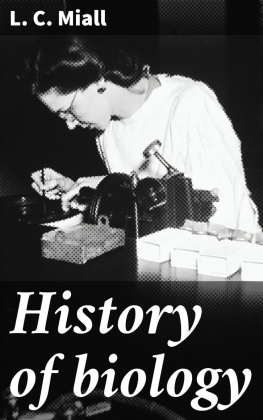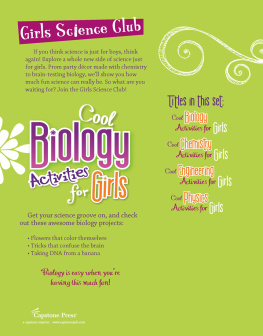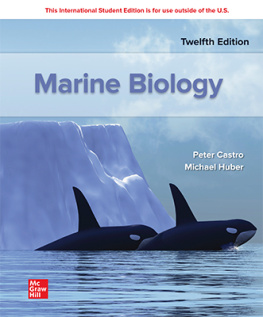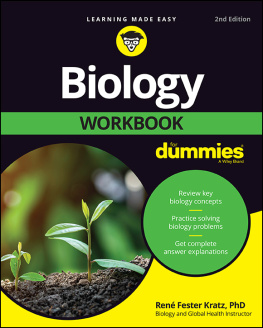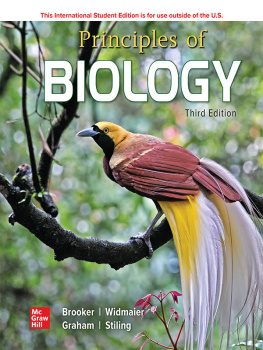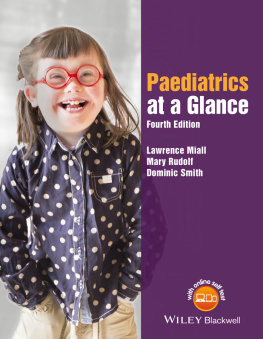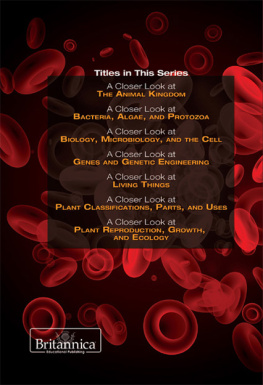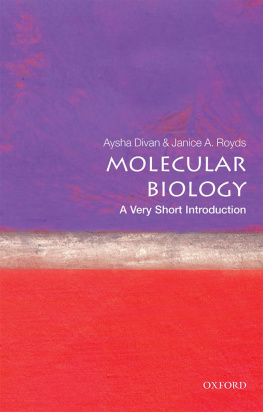INTRODUCTION
Table of Contents
Four hundred years ago, say in the year 1500, Biology, the science of life, was represented chiefly by a slight and inaccurate natural history of plants and animals. Botany attracted more students than any other branch, because it was recognised as a necessary aid to medical practice. The zoology of the time, extracted from ancient books, was most valued as a source from which preachers and moralists might draw impressive emblems. Anatomy and physiology were taught out of Galen to the more learned of physicians and surgeons. Some meagre notices of the plants and animals of foreign countries, mingled with many childish fables, eked out the scanty treatises of European natural history. It was not yet generally admitted that fossil bones, teeth, and shells were the remains of extinct animals.
It is the purpose of the following chapters to show how this insignificant body of information expanded into the biology of the twentieth century; how it became enriched by a multitude of new facts, strengthened by new methods and animated by new ideas.
The Biology of the Ancients.
Table of Contents
Long before the year 1500 there had been a short-lived science of biology, and it is necessary to explain how it arose and how it became quenched. Ancient books and the languages in which they are written teach us that in very remote times men attended to the uses of plants and the habits of animals, gave names to familiar species, and recognised that while human life has much in common with the life of animals, it has something in common with the life of plants. Abundant traces of an interest in living things are to be found in the oldest records of India, Palestine, and Egypt. Still more interesting, at least to the inhabitants of Western Europe, is the biology of the ancient Greeks. The Greeks were an open-air people, dwelling in a singularly varied country nowhere far removed from the mountains or the sea. Intellectually they were distinguished by curiosity, imagination, and a strong taste for reasoning. Hence it is not to be wondered at that natural knowledge should have been widely diffused among them, nor that some of them should have excelled in science. Besides all the rest, the Greeks were a literary people, who have left behind them a copious record of their thoughts and experience. Greek science, and Greek biology in particular, are therefore of peculiar interest and value.
Greek naturalists in or before the age of Alexander the Great had collected and methodised the lore of the farmer, gardener, hunter, fisherman, herb-gatherer, and physician; the extant writings of Aristotle and Theophrastus give us some notion of what had been discovered down to that time.
Aristotle shows a wide knowledge of animals. He dwells upon peculiar instincts, such as the migration of birds, the nest-building of the fish Phycis, the capture of prey by the fish Lophius, the protective discharge of ink by Sepia, and the economy of the hive-bee. He is fond of combining many particular facts into general statements like these: No animal which has wings is without legs; animals with paired horns have cloven feet and a complex, ruminating stomach, and lack the upper incisor teeth; hollow horns, supported by bony horn-cores, are not shed, but solid horns are shed every year; birds which are armed with spurs are never armed with lacerating claws; insects which bear a sting in the head are always two-winged, but insects which bear their sting behind are four-winged. He traces analogies between things which are superficially unlike, such as plants and animalsthe mouth of the animal and the root of the plant. The systematic naturalist is prone to attend chiefly to the differences between species; Aristotle is equally interested in their resemblances. The systematic naturalist arranges his descriptions under species, Aristotle under organs or functions; he is the first of the comparative anatomists. His conception of biology (the word but not the thing is modern) embraces both animals and plants, anatomy, physiology, and system. That he possessed a zoological system whose primary divisions were nearly as good as those of Linnus is clear from the names and distinctions which he employs; but no formal system is set forth in his extant writings. His treatise on plants has unfortunately been lost.
Aristotle, like all the Greeks, was unpractised in experiment. It had not yet been discovered that an experiment may quickly and certainly decide questions which might be argued at great length without result, nor that an experiment devised to answer one question may suggest others possibly more important than the first. Deliberate scientific experiments are so rare among the Greeks that we can hardly point to more than twothose on refraction of light, commonly attributed to Ptolemy, and those by which Pythagoras is supposed to have ascertained the numerical relations of the musical scale. Aristotle was the last great man of science who lived and taught in Greece. His writings disappeared from view for many centuries, and when they were recovered they were not so much examined and corrected as idolised.
Greece lost her liberty at Chaeronea, and with liberty her fairest hopes of continued intellectual development. Nevertheless, during a great part of a thousand years the Greek and Semitic school of Alexandria cultivated the sciences with diligence and success. We must say nothing here about the geometry, astronomy, optics, or geography there taught, but merely note that Herophilus and Erasistratus, unimpeded by that repugnance to mutilation of the human body which had been insurmountable at Athens, made notable advances in anatomy and physiology. From this time a fair knowledge of the bodily structure of man, decidedly superior to that which Aristotle had possessed, was at the command of every educated biologist.
The genius of Rome applied itself to purposes remote from science. The example of Alexandria had its influence, however, upon some inhabitants of the Roman Empire. Galen of Pergamum in Asia Minor prosecuted the study of human anatomy. His knowledge of the parts which can be investigated by simple dissection was extensive, but he was unpractised in experimental physiology. Hence his teaching, though full with respect to the skeleton, the chief viscera, and the parts of the brain, was faulty with respect to the flow of the blood through the heart and body. Ages after his death the immense reputation of Galen, like that of Aristotle, was used with great effect to discredit more searching inquiries. Under the Roman Empire also flourished Dioscorides, who wrote on the plants used in medicine, and the elder Pliny, who compiled a vast, but wholly uncritical, encyclopdia of natural history.
We see from these facts how ancient nations, inhabiting the Mediterranean basin and largely guided by Greek intelligence, had not only striven to systematise that knowledge of plants and animals which every energetic and observant race is sure to possess, but had with still more determination laboured to create a science of human anatomy which should be serviceable to the art of medicine. The effort was renewed time after time during five or six centuries, but was at last crushed under the conquests of a long succession of foreign powersMacedonians, Romans, Mohammedan Arabs, and northern barbarianseach more hostile to knowledge than its predecessors.


